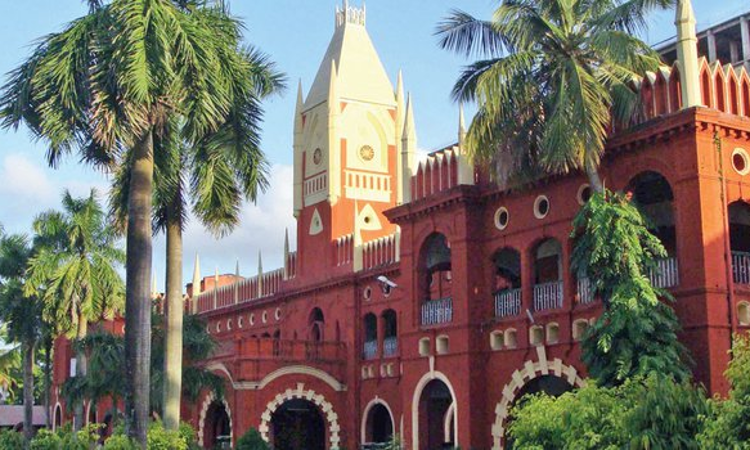The Orissa High Court has quashed a notification issued by an appealing body of the Odisha Medical Services Association ('OMSA'), which notified election for the Association. A Single Bench of Justice Arindam Sinha, while concluding that the notification was issued without any authority as it was done in violation of the body's constitution, observed, "This Bench is in...

